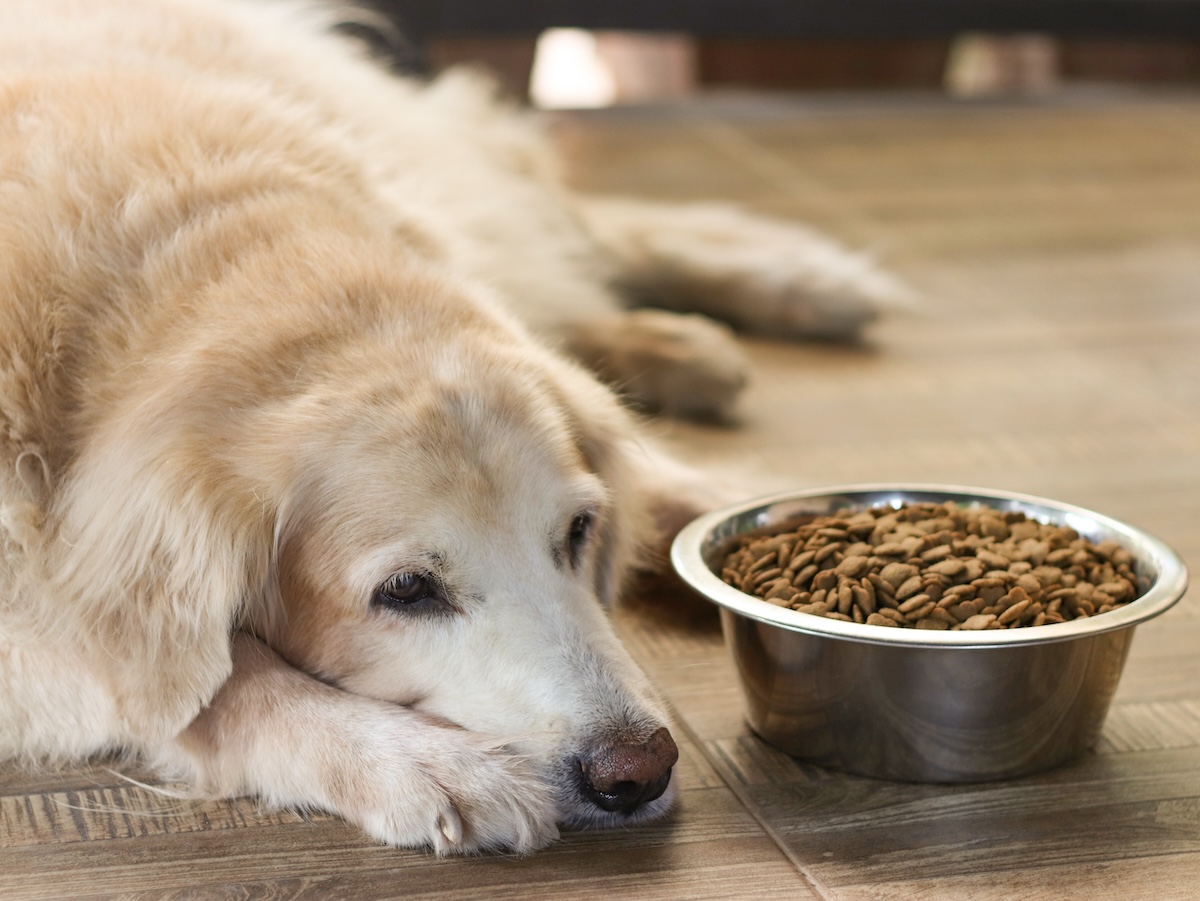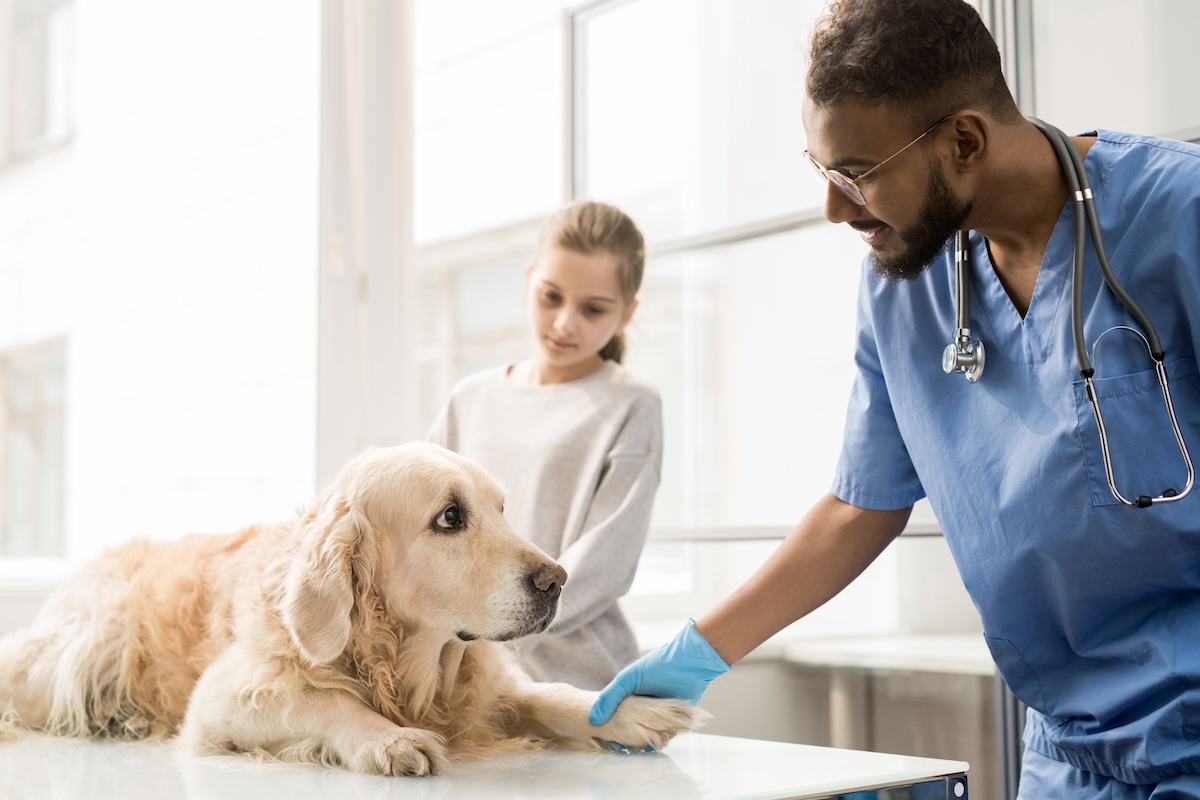At Faithful Friends Veterinary Clinic, we understand how concerning it can be when your furry friend isn’t feeling their best. One common yet often overlooked issue affecting dogs is whipworm infestation. This parasitic worm can cause significant discomfort and health issues if left untreated. In this guide, we’ll delve into what whipworm in dogs is, its causes, symptoms, treatment, and prevention strategies to keep your pet happy and healthy.
Understanding Whipworm in Dogs
Whipworms (Trichuris vulpis) are intestinal parasites that primarily target dogs. Named for their whip-like shape, these worms embed themselves in the lining of the dog’s large intestine, where they feed on blood and tissue. Though small, generally around 2-3 inches in length, whipworms can cause significant gastrointestinal distress and health complications for your dog.
Causes of Whipworm Infestation
Understanding the causes of whipworm infestation can help you take preventive measures to protect your dog:
- Ingesting Contaminated Material: Dogs typically acquire whipworms by ingesting microscopic whipworm eggs found in contaminated environments. These eggs can be present in soil, water, food, or feces of infected animals.
- Environment: Whipworm eggs are incredibly resilient and can survive in various environments for several years, making it easy for dogs to come into contact with them, especially in areas frequented by other dogs.
- Poor Hygiene: Environments with poor sanitation are more prone to harbor whipworm eggs. Contaminated living conditions, such as those found in some kennels and shelters, increase the risk of infestation.
Symptoms of Whipworm Infestation
Recognizing the signs of whipworm infestation is crucial for early intervention and treatment. Symptoms can vary in severity and may include:
- Diarrhea: Recurrent diarrhea, which may be bloody or contain mucus.
- Weight Loss: Unexplained weight loss due to poor nutrient absorption.
- Lethargy: Decreased energy levels and general listlessness.
- Dehydration: Excessive diarrhea can lead to dehydration.
- Anemia: In severe cases, blood loss can cause anemia, characterized by pale gums and weakness.
Diagnosing Whipworm in Dogs
If you notice any of these symptoms in your dog, it’s important to consult your veterinarian promptly. At Faithful Friends Veterinary Clinic, our diagnostic approach includes:
- Fecal Examination: A fecal sample is examined under a microscope to identify whipworm eggs. Since whipworm eggs are shed intermittently, multiple samples may be needed.
- Blood Tests: Blood tests can help assess the overall health of your dog and identify any signs of anemia or other complications.
Treatment for Whipworm in Dogs
Effective treatment is essential to eliminate whipworm infestations and restore your dog’s health. Treatment protocols may include:
- Antiparasitic Medications: Your veterinarian will prescribe antiparasitic medications, such as fenbendazole or milbemycin oxime, to kill adult whipworms and larvae.
- Hydration and Nutritional Support: Supportive care, including fluids and a balanced diet, can help alleviate symptoms and support recovery.
- Follow-Up Treatments: Due to the lifecycle of whipworms, several rounds of treatment may be necessary to ensure all parasites are eradicated.
Preventing Whipworm Infestation
Preventing whipworm infestation is key to ensuring your dog’s long-term health. The following strategies can help keep your dog whipworm-free:
Regular Deworming
Administer regular deworming treatments as recommended by your veterinarian. Preventive medications can help protect against whipworms and other common intestinal parasites.
Hygiene and Sanitation
- Keep your dog’s living environment clean. Regularly remove feces from your yard and avoid areas with excessive dog traffic.
- Ensure your dog has access to clean, fresh water to prevent them from drinking from potentially contaminated sources.
Routine Veterinary Check-Ups
- Schedule regular check-ups with your veterinarian. Routine fecal examinations can detect whipworm eggs early, allowing for prompt treatment.
- Discuss a year-round parasite prevention plan with your vet, personalized to your dog’s lifestyle and risk factors.
Environmental Management
- Maintain a clean environment by regularly cleaning and disinfecting your dog’s living area and any outdoor spaces they frequent.
- Limiting your dog’s exposure to high-risk areas, such as dog parks or communal spaces, can also reduce the risk of infestation.
Educating Yourself and Others
Educating yourself about whipworms and other parasites can help you take proactive measures to protect your pet. Sharing this knowledge with fellow pet owners can also contribute to a healthier community of animals.
Trust the Dog Experts
At Faithful Friends Veterinary Clinic, our team is dedicated to providing comprehensive care for your dogs. If you have concerns about whipworms or any other health issues, don’t hesitate to reach out to us. Our compassionate and professional team is here to offer guidance, preventive strategies, and effective treatments tailored to your pet’s needs.
Whipworm infestations can be a serious issue, but with vigilant care and preventive measures, you can protect your dog from these pesky parasites. Contact Faithful Friends Veterinary Clinic today to schedule an appointment or to learn more about keeping your pet healthy and parasite-free.




